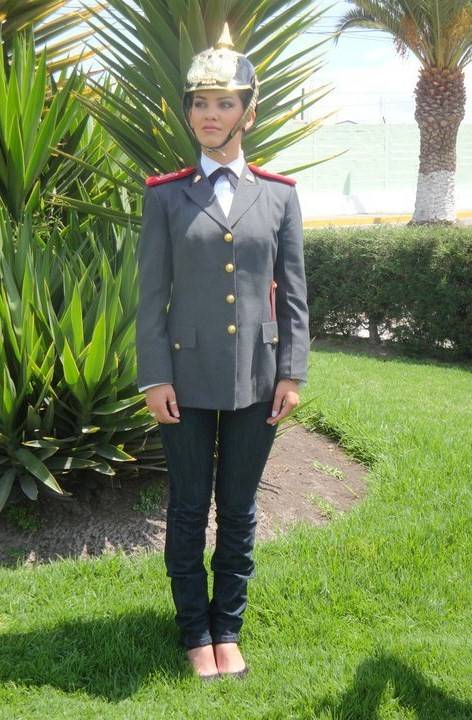The Creator of the First Online Dating Site Is Still Dating Online
“I had people calling me up and asking ‘Are you the internet?'” the 48-year-old engineer told me. “And we said ‘Yeah,’ and tried to sell them some of our services. We were the only company in the Yellow Pages with the word ‘internet’ in it.”
The internet has changed a lot over the past 25 years, and Conru had a front row seat. In what he calls “being in the right place at the right time,” he started Web Personals in 1993 while doing his de classroom as “the guys from Yahoo and Google.”
Conru first helped work on the website for his small department at Stanford’s Center for Design research, which inspired him to launch Internet Media Services with roughly 10 to 15 employees-all at a time when few people knew what the internet was.
A year later, Conru started Web Personals, arguably the first online dating site ever, which was run by a group of Stanford grad students and one bright-eyed high school kid. “The odds were bad and I had to look elsewhere,” said Conru.
He tried newspaper personals, which requires making abbreviations to fit into two-inch boxes, and video dating where one would watch VHS videos of people’s profiles and contact them. It was “a very manual process,” Conru recalled.
But Web Personals featured large photos and a whole page of text per profile. “That’s what you see on all the dating sites today, except Tinder,” said Conru. “They went the complete opposite way with only one photo.”
Before he started the first site for online dating, Andrew Conru had started one of the first companies that made websites for the newfangled World Wide Web back in 1993
Web Personals took two months to build, was written in C++, and had the ability to track users from page to page. This was before cookies were common on browsers, and it was hard to keep track of people visiting page to page. (Nowadays we all take dynamic web pages for granted, but they wanted to track web visitors clicking from page to page for online shopping opportunities, as Conru also invented the online shopping cart.)
The idea struck Conru in his dorm room as a way to kickstart his love life after a breakup-as he quickly realized, he was stuck in an engineering program full of men
In 1994, Conru came up with a way to pass a user ID from page to page and then look up the user information from a database and customize web pages dynamically (image below from their user manual).
“While we take it for granted today that websites change dynamically based on who you were, in the early days, websites were just static pages, everyone saw the same thing,” said Conru.
“These were the days when websites were always static, every person saw the same exact page,” said Conru. “To make the page dynamic, based on who you are, was kind of a new thing.”
In the 18 months Conru ran the site, he said there were 120,000 sign ups. “I’d say about half of them had ‘.edu’ emails,” he said, which suggested that students or university workers were using it. “It was the largest web dating site until it was surpassed by Match in 1995.”
“If you told anyone you were using any kind of dating process other than church or your friend network, you were looked upon as desperate, a loser, even a seedy person,” said Conru.
“When we had the web, you had two things going on: one, which you’re publicly saying you’re looking for a date; and two, that you’re a geek to be having your computer and spending your life in front of it. You had a double whammy. You had to be a sleazy person to be online  , obviously,” he added.
, obviously,” he added.












